You tell yourself it’s not serious—until it keeps coming back
It doesn’t feel urgent at first. Maybe it’s just tension. Maybe it’s just something you ate. You stretch. You rest. You drink more water. You tell yourself you’re just tired. But it comes again. It’s not always stronger—but it’s more familiar now. Like a message your body keeps sending in a language you don’t want to learn. You start recognizing the patterns. The days you feel slower. The nights you sleep with pressure. It doesn’t stop your life. But it slowly begins to shape it. You don’t call it pain—not out loud. But it’s not nothing either. And eventually, not naming it doesn’t help.
When nothing changes—despite everything you’ve tried
You’ve done what they said. You followed the plan. You showed up for appointments. You did the stretches. You took the pills. You made the adjustments. But the ache hasn’t left. Or maybe it has—only to return with new edges. The sharp kind. The kind that makes you pause mid-sentence. You’ve kept going, like you always do. But something inside you wonders if this is what you’re supposed to live with now. You ask yourself if you’re just being dramatic. But the answer no longer matters. Because the pain is still here.
When pain becomes more than an inconvenience
It’s not just pain. It’s the canceling. The rearranging. The hesitation before saying yes to anything. You say no more often now—not because you want to—but because you have to. Because you’re not sure if your body will let you be fully present. You stop booking morning plans. You start asking about chairs at restaurants. You sit at the edge of your own life, hoping your body won’t betray you in front of anyone else. This isn’t what you imagined adulthood would feel like.
When diagnosis leads to the word “surgery”—even if you didn’t expect it
You thought it would be simple. Maybe a medication. A few more tests. Another round of therapy. But instead, the scan shows something. The bloodwork raises something. And the conversation shifts. The doctor says, “We may want to explore surgical options.” They say it gently. Not with fear, but with calm. And still—it feels like a door just opened. A big one. A heavy one. You didn’t know that was even in the hallway. Now it’s open. And you’re standing at the threshold. Unsure. Curious. Quietly scared.
When a second opinion starts to feel necessary
You’re not ungrateful. You’re just confused. You’ve followed the plan. You’ve done the waiting. But the waiting feels like a loop now. You want clarity. Not a cure. Not a miracle. Just a sense of direction. A surgical consultation isn’t a commitment. It’s not a step toward a table. It’s a step toward information. Toward knowing what’s possible. What’s probable. What’s personal. You’re allowed to ask. You’re allowed to gather new eyes on your body’s story. You’re allowed to get closer to a decision without making one.
When imaging tells a story your symptoms already knew
You already knew something was wrong. Your body had been whispering it for weeks, maybe months. The scan just gave it shape. A hernia. A narrowing. A blockage. Something pressing where it shouldn’t. Something stretching what was meant to hold. And now the image confirms the feeling. And part of you feels validated. The other part feels overwhelmed. But both parts know—it’s time to talk to someone who sees this every day. Someone who knows what it looks like opened. Fixed. Closed again. And most of all—healed.
When your doctor says, “It might be time”
They don’t say it quickly. They say it with pause. With history. They’ve watched your numbers. Watched your face. They’ve asked the same questions every visit—and written down the same answers. They don’t pressure you. But they don’t avoid it either. They say it’s something to consider. Just consider. And the word “consider” sits with you longer than expected. It echoes. It follows you home. It settles in the spaces where hope still lives. And now you’re listening.
When quality of life matters more than fear
You’re afraid. Of course you are. Everyone is. But you’re also tired. Of living small. Of avoiding things you used to enjoy. Of feeling like a problem to be managed, instead of a person being healed. You’re afraid of the unknown. But you’re even more afraid of staying like this forever. Surgery isn’t about shortcuts. It’s not the easy way out. It’s the brave way forward. It’s the moment you stop settling for “almost fine.” And begin asking what “well” could actually feel like again.
